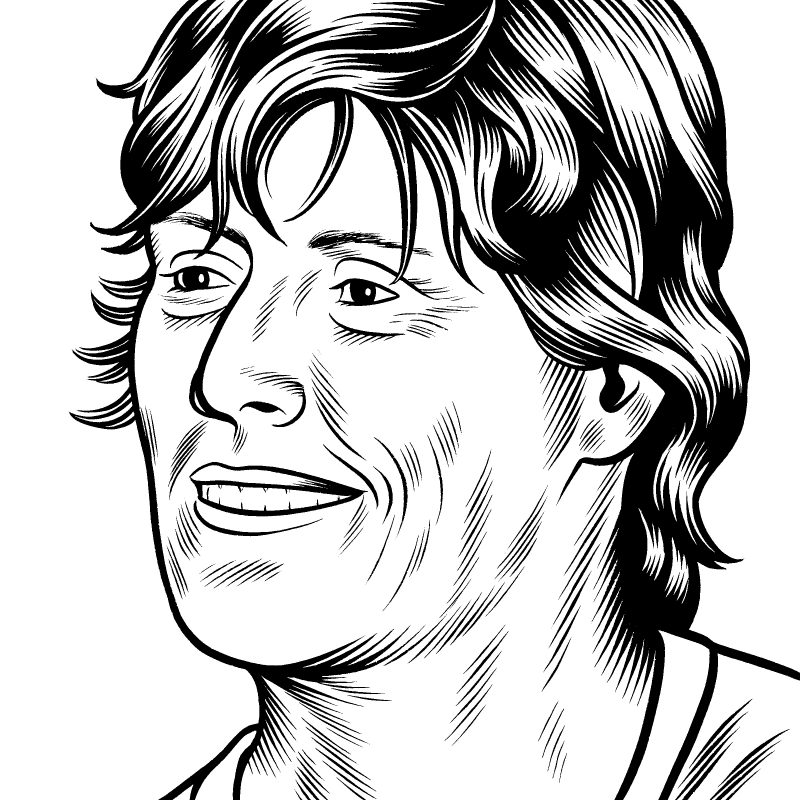Diana Nyad is a special kind of swimmer. She is the kind of swimmer who, at twenty-six years old, was possessed to swim uninterrupted around the island of Manhattan. She is the kind who swam over a hundred miles, three years later, at age twenty-nine, from the Bahamas to Florida. She is the kind who sets records not concerned with speed or medals but rather with endurance and pluck. Nyad established herself as a world-class distance-swimmer in the 1970s, when she was in her twenties (she appeared on The Johnny Carson Show, if that is any indication of her past renown), and in 2010, after thirty years out of the water, decided to give the sport another go. This time she had her sights set on a goal even harder and more ambitious: swimming continuously from Cuba to Florida. That’s over one hundred miles, sixty hours, and about two hundred thousand strokes. At the time, she was sixty years old.
I learned about Nyad just like most other people: through the swell of press that surrounded her attempts at swimming this distance. Since announcing her aim, Nyad has given many interviews and granted over a hundred press requests of various kinds (I contacted Nyad for this piece through several members of her press team). As I began to follow her story more closely, I tracked her in the New York Times, Time magazine, the Huffington Post, ESPN, the Los Angeles Times, NPR, and scores of other media outlets. I watched her multiple CNN specials with Sanjay Gupta without once getting up, and her 2011 TED talk after that. As I did more research, I became increasingly gun-shy about speaking to her. In the wake of all of this public exposure, I wondered, was there anything original to ask Nyad? And would I be any match for her commanding personality, so evident in her television specials and her own radio program, The Score? I swam on the morning of our interview to get my mind into shape. The answers to my questions turned out to be: yes (to the first) and no (to the second). Our interview was at once willful and efficient, just as I imagine her swims to be.
—Carmen Winant
THE BELIEVER: You grew up in Florida, and were a swimmer from an early age. In fact, you won three Florida state championships in high school. I can relate to this—training and competing from before puberty, in my case—though I was never quite that accomplished. How intensively did you train at that age, as a teenager and even earlier?
DIANA NYAD: I am not terribly interested...
You have reached your article limit
Sign up for a digital subscription and continue reading all new issues, plus our entire archives, for just $1.50/month.
Already a subscriber? Sign in





